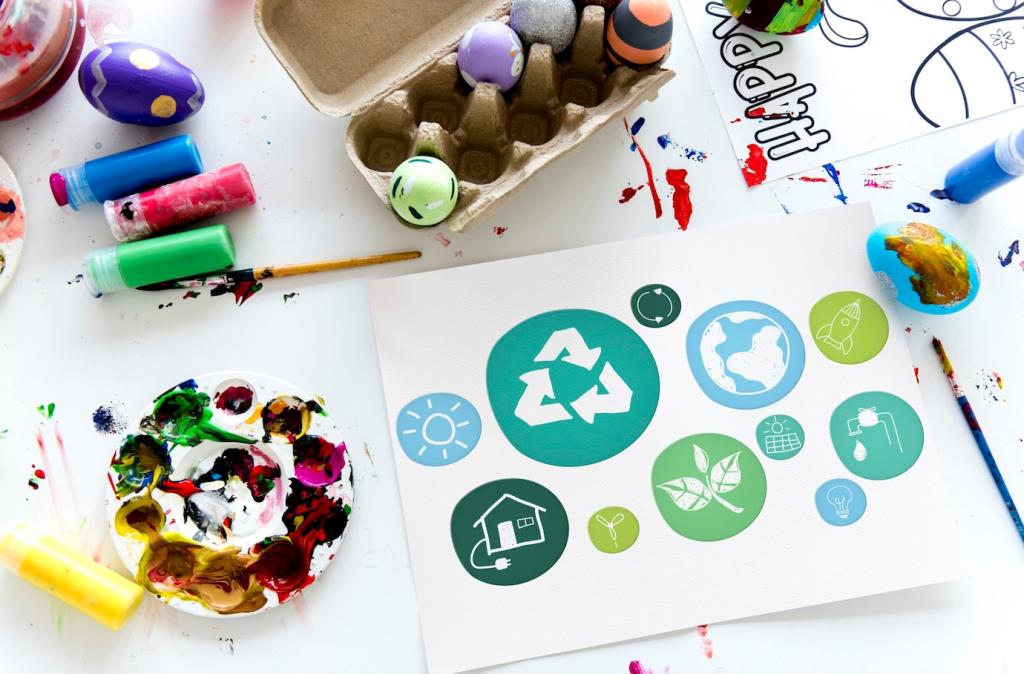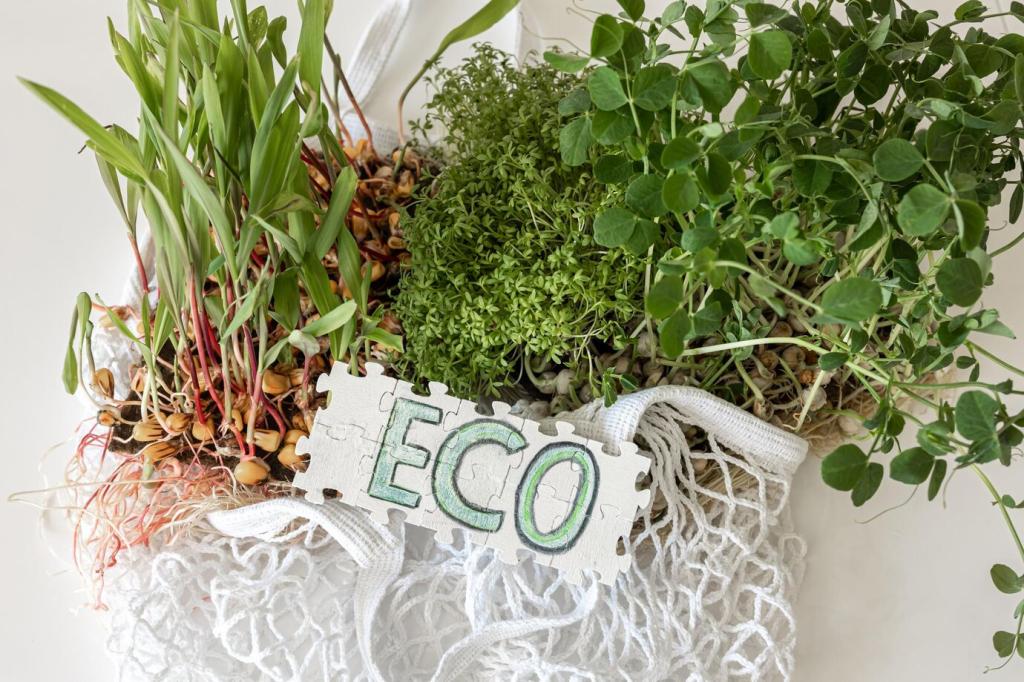Exploring Eco-Centric Content Ideas: Stories That Spark Real-World Change
Laying the Groundwork for Eco-Centric Content
Understand motivations and barriers
Interview readers to learn what drives or discourages them—saving money, protecting wildlife, time constraints, or skepticism. Then tailor eco-centric content ideas that meet people where they are. Share your biggest barrier or motivator, and we’ll prototype a post together.
Set a hopeful, honest tone
Balance urgency with agency. Acknowledge climate anxiety while spotlighting solutions that scale. Readers remember how we make them feel. Which tone persuades you most—calm coach, investigative guide, or spirited neighbor? Comment and help shape our editorial voice.
Design story arcs that move habits
Use relatable protagonists, clear stakes, and small, repeatable steps. A neighborhood compost pilot becomes a citywide program when the narrative invites participation. Tell us a tiny change you’ve tested at home; we’ll feature it in an upcoming guide.

Short videos that teach one micro-skill
Show a 20-second trick—testing soil moisture with a wooden skewer or resealing a drafty window. Quick wins build trust and momentum. Which eco micro-skill should we film next? Vote, and we’ll post the tutorial this week.

Interactive maps and neighborhood challenges
A clickable map of refill shops or native plant nurseries turns inspiration into destinations. One coastal town launched a beach cleanup after our hotspot map. Add your city and we’ll seed an interactive guide for your area.

Newsletters and podcasts with rhythm
A weekly cadence turns eco-centric content ideas into habits—one story, one action, one resource. A listener started a dorm compost program after Episode 12. Subscribe now and tell us which segment to expand next.

Vet sources and triangulate claims
Lean on peer-reviewed studies, reputable NGOs, and local experts. According to the IPCC, global temperatures have risen about 1.1°C since pre-industrial levels. Drop a study you want decoded, and we’ll translate the findings for readers.

Contextualize numbers to human scale
Millions of tons of ocean plastic feel abstract until we show a river’s daily load or a town’s weekly trash. Share a confusing stat you’ve seen, and we’ll build a visual that makes it meaningful.
Challenges, pledges, and feedback loops
Thirty-day fridge-waste challenges reduce spoilage and save money. Readers shared meal plans that cut waste by a third. Join the next challenge and post your results; we’ll highlight clever strategies that worked.
User-generated stories with impact
A teacher sent photos of a pollinator patch her class planted after our bee-friendly guide. These stories inspire others to start. Submit your project, and we’ll feature the wins and the messy middle to keep it real.
Local partnerships that multiply outcomes
Libraries, co-ops, and youth groups extend reach. A repair workshop co-hosted with a library doubled attendance. Suggest a community partner we should contact, and we’ll co-create an event kit you can replicate.
Count actions taken: sign-ups for cleanups, trees planted, repair tickets logged, or kilowatt-hours saved. Tell us the impact metric you care about, and we’ll design content aimed squarely at moving that needle.
Measuring Impact and Sustaining Momentum
We read replies, polls, and quiet signals like time-on-page. A compost guide’s heatmap showed readers replaying the troubleshooting section. What did you wish we covered today? Reply and steer our next eco-centric post.
